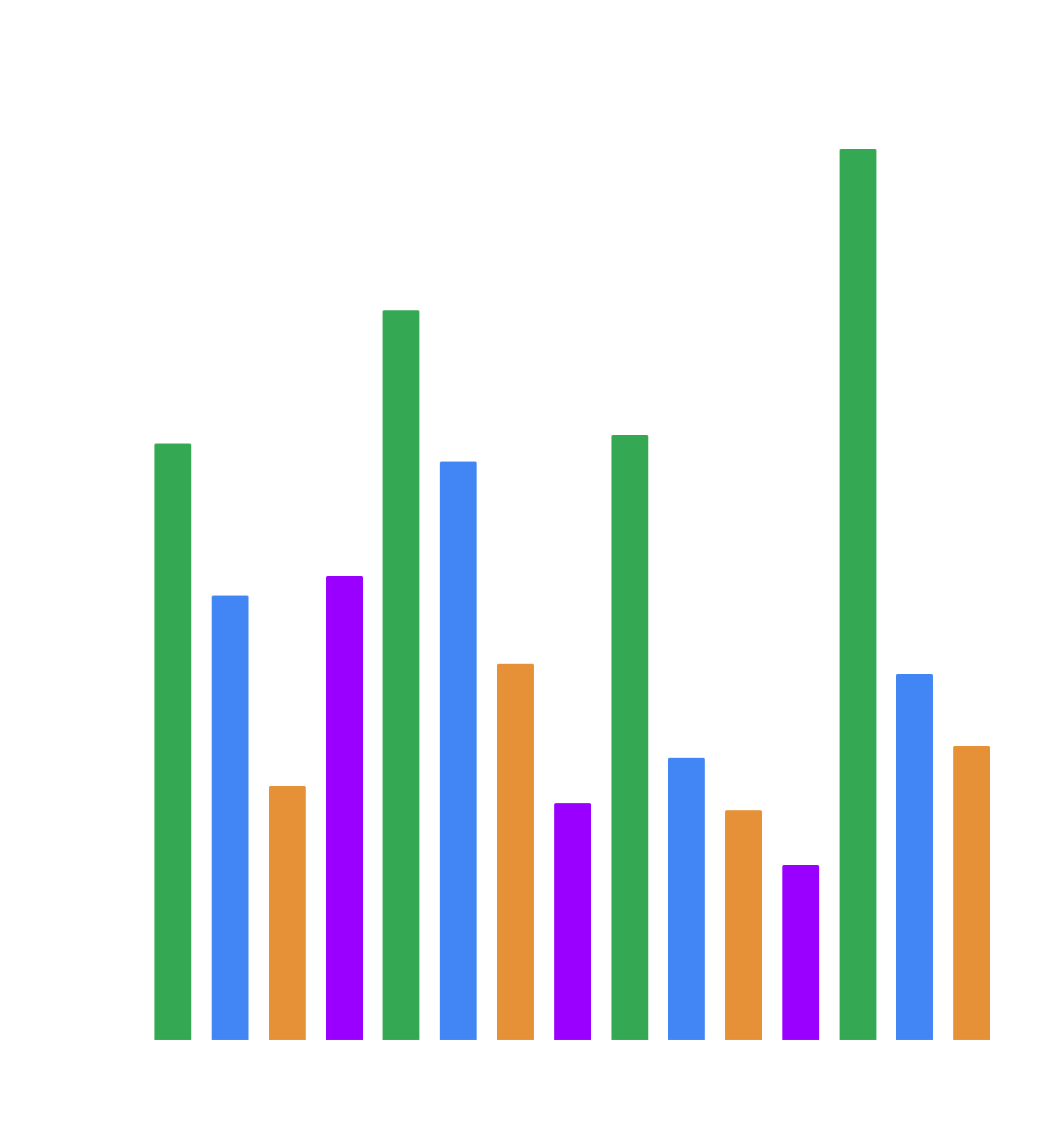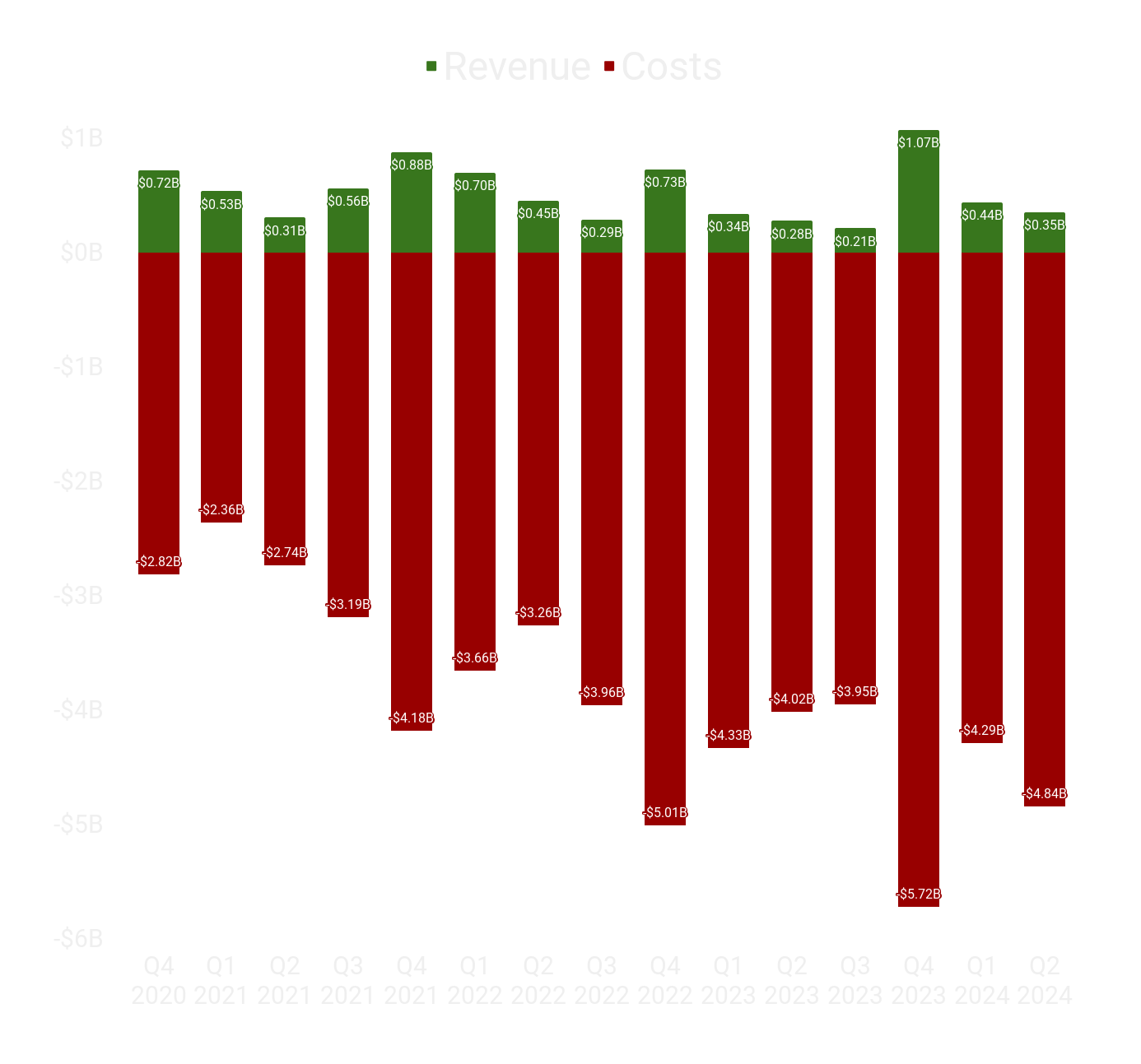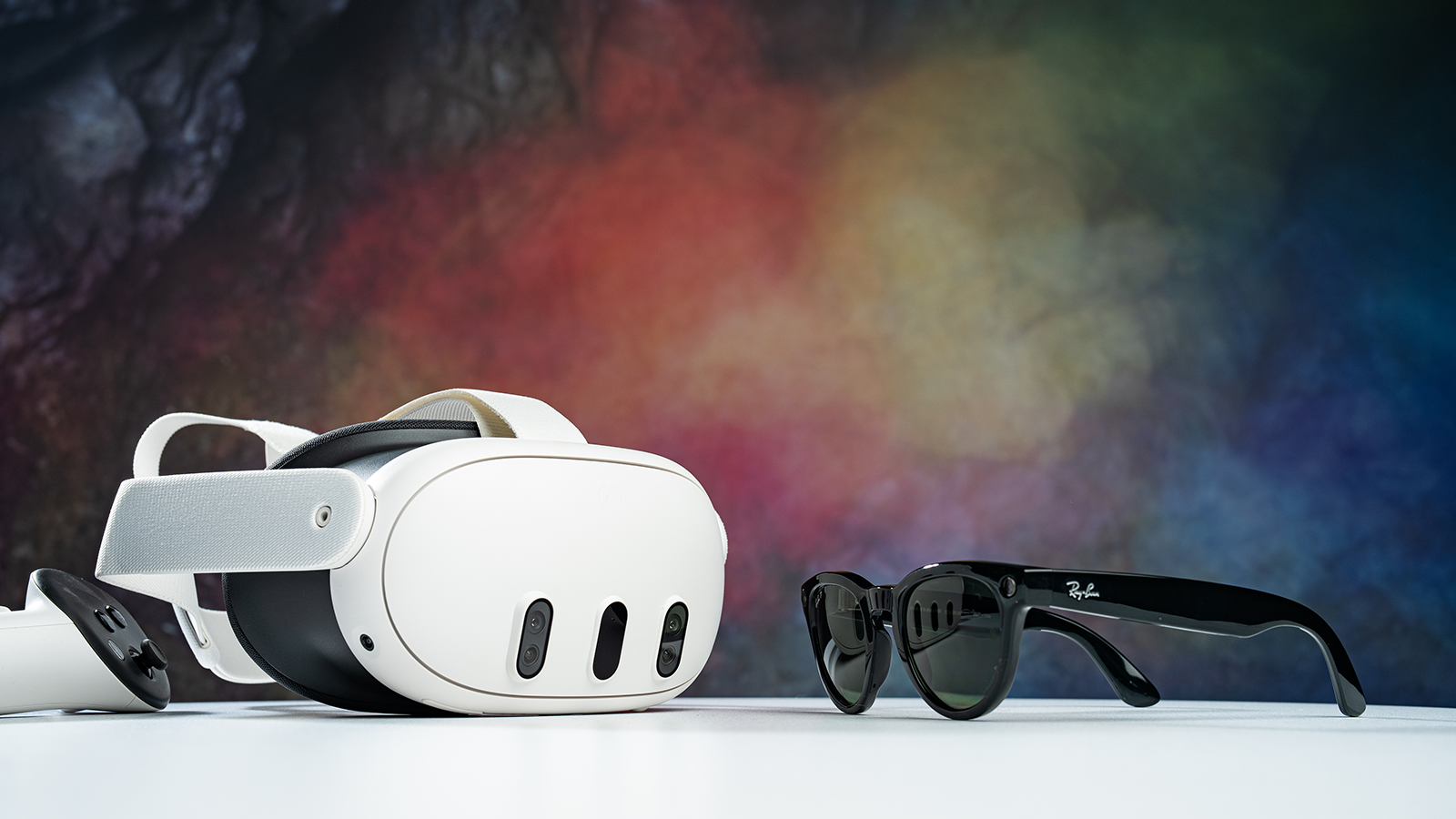Meta Reality Labs’ quarterly revenue is continuing to grow year-over-year in 2024.
During the company’s Q2 2024 earnings call today, Mark Zuckerberg told investors Quest 3 sales are “outpacing our expectations”.

Reality Labs is the division of Meta behind Quest headsets, the Horizon platform, Ray-Ban Meta smart glasses, and research & development toward AR glasses and their neural wristband input device.
Meta reported $353 million Reality Labs quarterly revenue for Q2 2024, a 28% increase compared to Q2 2023. Revenue for Q1 had also been higher than in 2023, by 30%. Meta CFO Susan Li told investors this growth is driven by Quest 3.
The first three quarters of 2023 all saw lower Reality Labs revenue than previous years. Quest 2 was approaching three years old, Quest Pro had failed to appeal to consumers, and Quest 3 had been leaked and then officially announced. Quest 3 has reversed this trend, leading Reality Labs to a return to year-over-year quarterly revenue growth in 2024.
However, while revenue for the first half of 2024 was higher than 2023, it was still lower than the first halves of 2022 and 2021, when sales of Quest 2 were at their peak. That’s almost certainly because Quest 3 is priced $200 higher than Quest 2 was. Even adjusted for inflation, the difference is still $150, putting Quest 3 in a different price segment than its predecessor.
To grow Reality Labs beyond its Quest 2 era, Meta plans to release a Quest 3S at somewhere around $300 which could sell significantly higher volume than Quest 3. A wide range of sources suggest Quest 3S has the Snapdragon XR2 Gen 2 chipset and color passthrough mixed reality capabilities, but uses the old fresnel lenses from Quest 1 and 2 to achieve the lower price.

Even Quest 3S won’t bring Reality Labs anywhere near making a profit, though. That $353 million Q2 revenue came alongside a whopping $4.84 billion in costs, resulting in a quarterly “loss” of around $4.5 billion.
But while describing this as a loss is technically correct in a financial sense, in reality it’s more accurate to describe most of it as long-term investment. XR headsets like Quest are still a relatively early technology, far from maturity, and more than 50% of Reality Labs spending is on the research and development of AR glasses, a future product line that hasn’t even launched yet.
As in many previous quarters, Li told investors she expects these “losses” to continue to increase this year due to “ongoing product development efforts and our investments to further scale our ecosystem”.

Meta may be planning to slowly rein in spending starting next year though, as it reportedly recently told its hardware teams to cut spending by 20%. Combined with revenues from Quest 3S this year, HUD glasses next year, two Quest 4 models planned for 2026, and Quest Pro 2 in 2027, Meta could soon start steering Reality Labs on the very long path to eventual profitability, which Mark Zuckerberg previously indicated to investors should arrive sometime in the 2030s.






